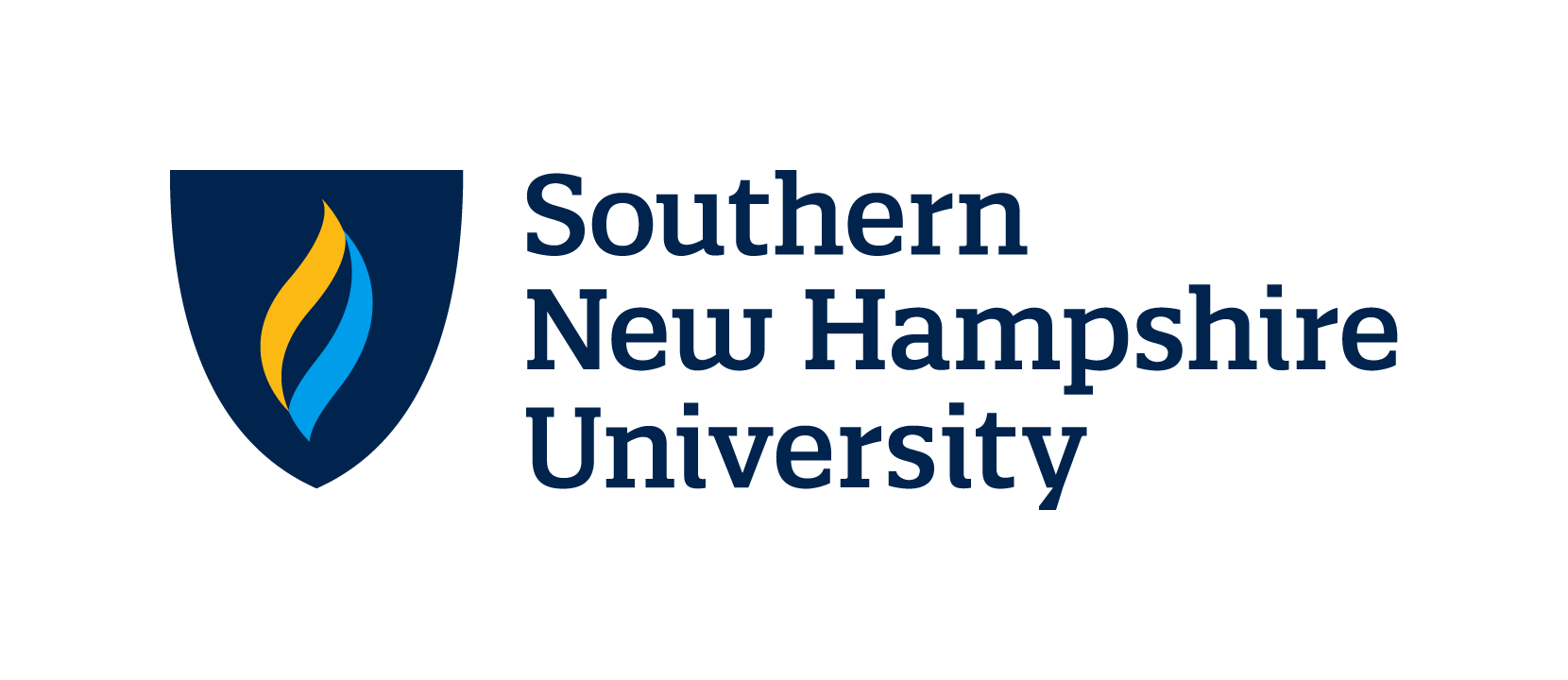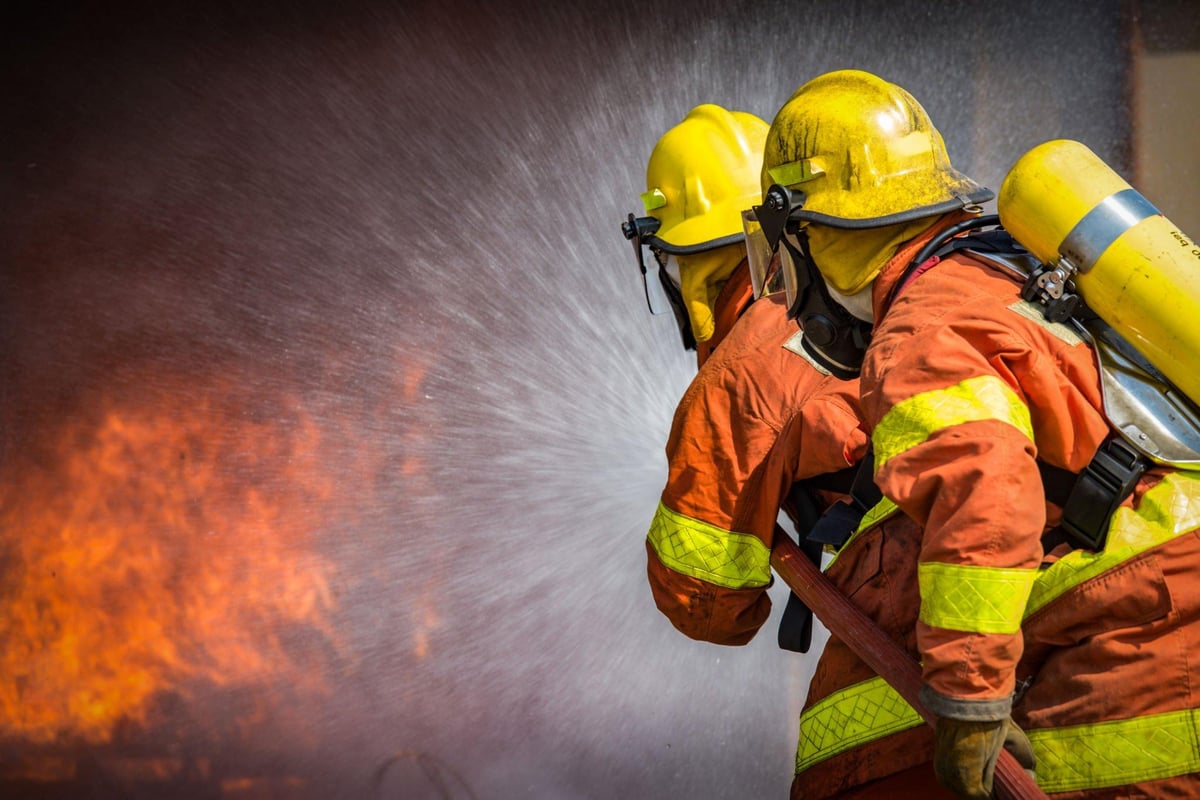Fire Science classes near me in Spokane
In the Spokane metro area, the average cost of a class is $13000 and the average class length is approximately 45 weeks long
Trade and industry classes near
Spokane, WA 99201Online classes
Financial aid
Certificate
Short classes

Penn Foster
Diesel Mechanics/ Heavy Truck Maintenance Career Diploma
- Affordable, accredited, self-paced
- Students receive Snap-on tools discount

Southern New Hampshire University
BS Operations Management with concentration in Logistics and Transportation
- Complete your degree at your own pace
- 24/7 online accessibility

Penn Foster
Gunsmith
- Online, affordable, accredited, self-paced
- Learn how to get your FF license
Fire Science classes near me in Spokane
Are you interested in a career in firefighting? If so, you're in luck! Spokane offers a variety of fire science classes that can help you get started on the path to becoming a firefighter. In this blog post, we'll explore what fire science is, the training requirements, what to look for in a class, what to expect from the day-to-day class, the certification process, how to find related jobs, and what other classes you can take after becoming a fire science professional. So let's dive in and learn more about fire science and the classes available near you in Spokane!

Introduction
Fire science is the study of fire behavior, prevention, and suppression. It encompasses a wide range of topics, including fire investigation, hazardous materials handling, emergency medical services, and building construction. Firefighters are trained to respond to various emergencies, including fires, medical emergencies, and natural disasters. They are also responsible for conducting fire inspections, educating the public on fire safety, and performing community outreach.
Training Requirements
To become a firefighter, you must complete a fire science training program. The specific requirements may vary depending on the jurisdiction, but most programs include a combination of classroom instruction and hands-on training. Some common training requirements include:
- Basic firefighting techniques and tactics
- Hazardous materials response
- Emergency medical services
- Fire investigation and prevention
- Building construction and fire protection systems
- Incident command and leadership
What to Look for in a Class
When choosing a fire science class, it's important to consider several factors to ensure you're getting the best education possible. Here are some things to look for:
- Accreditation: Make sure the program is accredited by a reputable organization. This ensures that the curriculum meets industry standards and that the instructors are qualified.
- Experienced Instructors: Look for classes taught by instructors with real-world experience in firefighting. They can provide valuable insights and practical knowledge.
- Hands-on Training: Firefighting is a hands-on profession, so it's important to choose a class that offers plenty of practical training opportunities.
- Equipment and Facilities: Check if the class has up-to-date equipment and facilities that simulate real-life scenarios. This will enhance your learning experience and prepare you for the challenges of the job.
- Networking Opportunities: Look for classes that provide networking opportunities with local firefighters and industry professionals. Building connections can help you secure employment after completing the program.
What to Expect from the Day-to-Day Class
Fire science classes are designed to provide students with a comprehensive understanding of firefighting techniques and procedures. Here's what you can expect from the day-to-day class:
- Classroom Instruction: You'll attend lectures and participate in discussions on various fire science topics, including fire behavior, fire prevention, and emergency response.
- Practical Training: You'll have the opportunity to practice firefighting techniques, use firefighting equipment, and participate in simulated emergency scenarios.
- Physical Fitness Training: Firefighting requires a high level of physical fitness. Expect to participate in physical training activities to improve strength, endurance, and agility.
- Teamwork and Collaboration: Firefighters work as a team, so expect to participate in group activities and learn how to effectively communicate and collaborate with others.
Certification Process
Upon completing a fire science program, you may be eligible for certification as a firefighter. The certification process typically involves the following steps:
- Written Exam: You'll need to pass a written exam that tests your knowledge of fire science principles, firefighting techniques, and emergency response procedures.
- Physical Fitness Test: Firefighters must meet certain physical fitness standards. You'll need to pass a physical fitness test that assesses your strength, endurance, and agility.
- Interviews and Background Checks: You may be required to participate in interviews and undergo background checks to assess your suitability for the role.
- Medical Evaluation: Firefighters must be in good health. You'll need to undergo a medical evaluation to ensure you meet the necessary physical requirements.
- Probationary Period: Once you've been hired as a firefighter, you'll likely undergo a probationary period during which your skills and performance will be evaluated.
How to Find Related Jobs
After completing a fire science program and obtaining certification, you'll be ready to start your career as a firefighter. Here are some tips for finding related jobs:
- Local Fire Departments: Check with your local fire departments for job openings. Many departments have recruitment websites where you can submit your application.
- Networking: Utilize your networking skills and reach out to firefighters and industry professionals. They may be able to provide job leads or recommend you for positions.
- Job Boards: Keep an eye on job boards that specialize in firefighter positions. These websites often have a wide range of job listings from various locations.
What Other Classes Can I Take After Becoming a Fire Science Professional?
Once you've become a certified firefighter, there are several other classes you can take to further enhance your skills and knowledge. Some options include:
- Advanced Firefighting Techniques: These classes focus on advanced firefighting strategies, incident command, and leadership skills.
- Specialized Training: Consider taking classes in specialized areas such as hazardous materials response, technical rescue, or wildland firefighting.
- Emergency Medical Services: Many firefighters are also trained as emergency medical technicians (EMTs) or paramedics. Taking classes in EMS can expand your job opportunities and increase your value as a firefighter.
- Fire Science Management: If you're interested in advancing to a leadership role, consider taking classes in fire science management. These classes cover topics such as budgeting, personnel management, and strategic planning.
Final Thoughts
Fire science classes in Spokane provide an excellent opportunity to start a career in firefighting. By completing a fire science program and obtaining certification, you'll gain the skills and knowledge necessary to protect lives and property from the dangers of fire. Whether you're interested in working in a local fire department, a specialized rescue team, or a wildland firefighting crew, the fire science classes near you in Spokane can help you achieve your goals. So don't wait any longer, check out Dreambound for more information on fire science classes and other vocational training programs.
Dreambound has written dozens of in-depth guides on how to get started in this field, with information specific to your city. If you're located somewhere else or thinking about moving, check out some other guides we've written:
- How to Become a Firefighter in California
- How to Become a Firefighter in Kansas
- How to Become a Firefighter in Minnesota
- How to Become a Firefighter in North Carolina
- How to Become a Firefighter in West Virginia
Are you exploring diverse professional opportunities? Take a closer look at these resources that Dreambound has written to help in your search.
FAQ
What is Dreambound?
Dreambound is the largest platform for students to find career & technical training programs. While we can't guarantee a career outcome, our mission is to provide all the information you need to find the perfect program for you.
What programs do you offer?
Dreambound has over 70 programs across healthcare, technology, business, and industrial trades. This includes programs such as Medical Billing, Cybersecurity, and welding.
Do you offer financial aid?
Some of our schools offer financial aid for those who qualify. Many others offer payment plans, where you can pay the cost of class over time.
Is it possible to do online classes?
Yes, Dreambound offers many online programs. On Dreambound's search, you can filter by online, in-person, and hybrid (part online, part in-person).